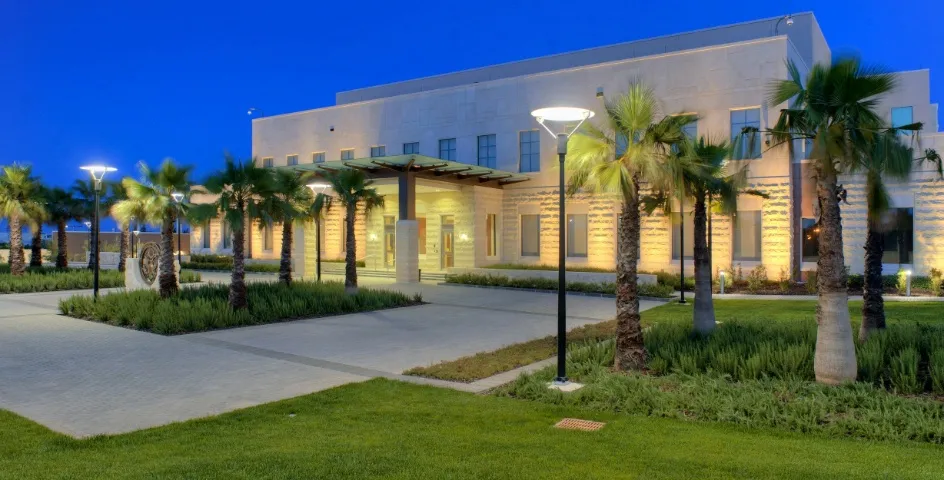There’s little doubt that if there’s anyone we need to convince that we are getting it together and not allowing our country to be used as a refuge for pirates, we need to start with the Americans. We keep failing.
The United States worked with Maltese police and told them to expect one Frank Rafaraci who is wanted in the US for defrauding the US Navy of some €50 million. There’s an arrest warrant against him issued by a Washington DC Court.
The police arrested him and took him to court to get an order to hand him over to the Americans.
Mr Rafaraci should not, in theory, be our problem. He is American. The crimes he committed are in America. His victims are American. Actually, his victim is the United States of America.
We have no obligation to make it easy for him to escape American justice. And we have no incentive to do so either. And yet, we messed the whole thing up.
I looked at the decision yesterday by Judge Aaron Bugeja who considered the Attorney General’s perplexity that a lower court allowed Frank Rafaraci to walk out of court free after all the trouble of watching out for him travelling to Malta and arresting him.
There was a debate on whether the Magistrate’s Court actually intended to deny the request to extradite Mr Rafaraci or it just meant he didn’t need to remain under arrest until a final decision is taken. The lower court’s decision was apparently ambiguous on such a fundamental point.
There was also a big debate on whether one of two decisions issued by the lower court was valid at all because it was written in Maltese when the rest of the proceedings were conducted in English for the benefit of Mr Rafaraci.
There was another discussion over whether the documentation brought to prove the United States indeed wanted to try Mr Rafaraci was credible since the documents were photocopies. And is an arrest warrant issued by a court in the United States the same as the wanted person having been charged with the crimes they are wanted for? Which is a question that seems to wonder if US prosecutors really think Mr Rafaraci is guilty at all or they’re just hunting the man halfway around the world to then think about whether they want to charge him with anything.
No doubt all this is interesting and the legal debate needs to be had and I have no reason to doubt that given all the legal pirouettes the inevitable outcome was that Mr Rafaraci would be let go and the Americans would need to hope his next move would be some jurisdiction where they can expect the local justice system to cooperate with them.
I should expect the US federal government does not take lightly someone defrauding it of €50 million. Mr Rafaraci may not be Osama Bin Laden. But on the principles of equality before justice, and of presumption of innocence, the proceedings here in Malta to hand over someone accused of cheating the US Navy of €50 million would be no different to proceedings on whether to hand over someone for terrorism. Both crimes are on the “extradition list” and the merits are not examined in any depth at the extradition stage.
If Osama Bin Laden had hidden in Malta, the Americans would have had to fly in and kill him and fly out before telling us. Israel did that once. In 1995 when they didn’t bother to ask the Maltese authorities to help them capture the factotum of Islamic Jihad.
We don’t have to go that far back. Just last year the Americans thought they managed to get hold of Reno Mifsud who was wanted by the US Army. He had been on the run for 33 years dodging prosecution for child sex crimes. While waiting for extradition proceedings to be completed he escaped justice by hanging himself in our prison.
These are institutional failures. They amount to our inability as a country to be a proper country worthy of respect as a sovereign nation in the community of sovereign nations.
Can you imagine how the United States perceives us when we keep doing this? Our very existence as a small sovereign nation, where American criminals can fly to and dodge the long arms of their law enforcement agencies, becomes a threat to their national interest. We are begging them to stop resisting their intuitive attitude that this place is a Lilliputian village of self-important busy-bodies who whether because they’re too incompetent or too uncooperative make life harder for them.
This is not good. Having prisons where people kill themselves, having junior prosecutors who fumble on the procedure, having complex and unclear laws that create ambiguity where clarity is urgently needed, having courts issuing contradictory decisions within the space of 24 hours: all this is a problem.
Most people in Malta are not going to lose sleep over someone accused of cheating the US Navy of €50 million walking free. The few that are losing sleep over this are the same people we have to go back to and ask them to recommend we’re removed from the FATF’s grey list because oh, we’re so good at fighting financial crime.
It’s going to be hard to convince them.
